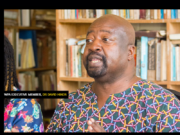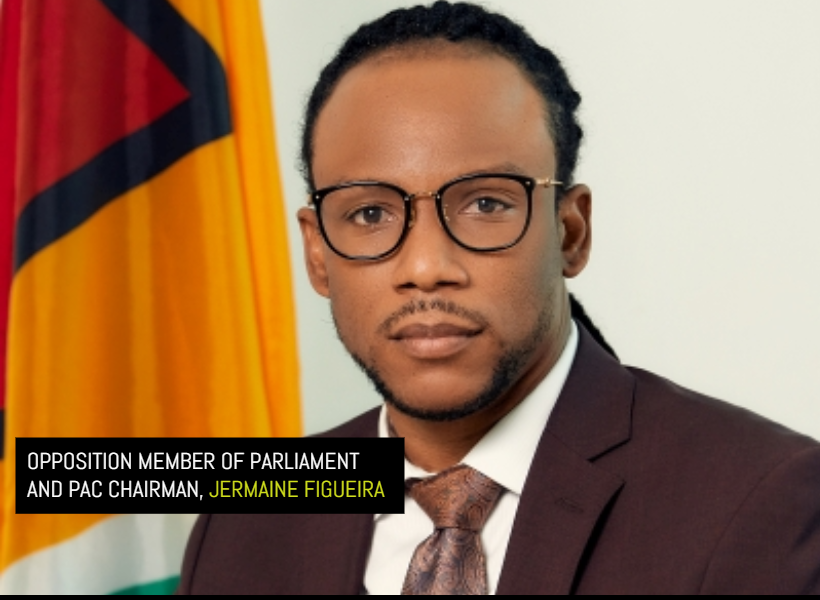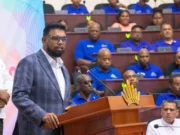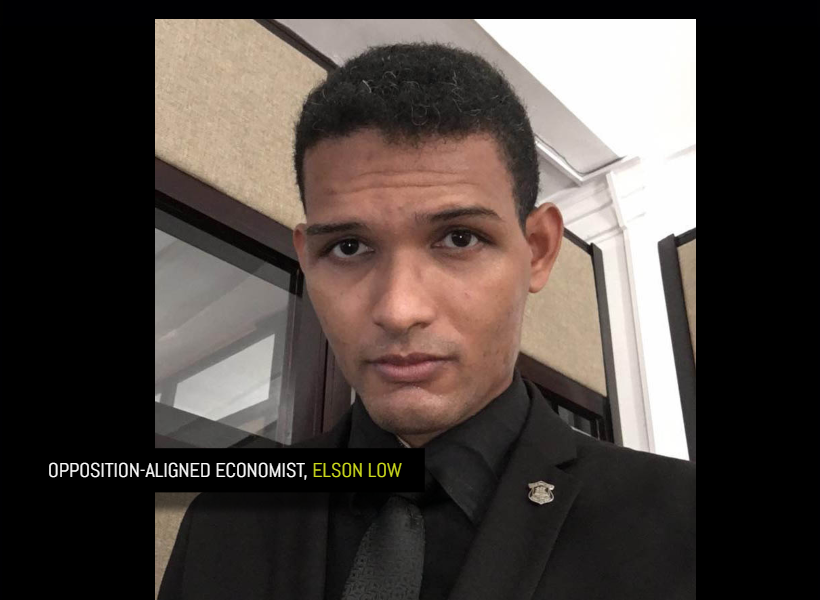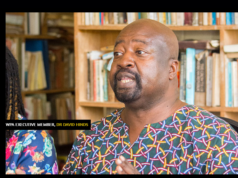Economic Advisor for Opposition Leader, Elson Low, criticized the government’s handling of the escalating cost of living crisis, claiming that the administration’s promises are “as empty as the kitchen cabinets” across the country.
In a press conference held today, Low stated, “The President’s belated New Year promise of additional cost of living relief reflects just how clueless the PPP (People’s Progressive Party), is about the everyday struggle of Guyanese.” He also highlighted the severe inflation since 2020, with food prices soaring over 50%, and described the crisis as the worst in living memory.
Low was also keen to note that the opposition has repeatedly called for a more substantial response to the cost-of-living crisis, yet the government’s efforts have fallen short. According to Low, the PPP budgeted a mere $5 billion for direct cost-of-living mitigation in two of the largest budgets in the country’s history, accounting for less than 1% of the total.
Despite earning an unexpected $60 billion GYD from high oil prices in 2022, Low said the government has failed to implement effective measures to ease the crisis. “It is difficult for citizens to hold any hope of relief since with all of these resources, the PPP does not appreciate the importance of a robust, comprehensive slate of measures to ease this cost-of-living crisis,” Low remarked.
Low accused the PPP of being “totally bankrupt of ideas” to address inflation. He pointed out that the government had not spent the allocated $5 billion for cost-of-living relief until the end of 2023, with the measures introduced being both limited and inadequate.
Echoing sentiments expressed in a Stabroek News editorial, Low accused the PPP of failing to improve the quality of life for the people of Guyana, focusing instead on a select few. “The average Guyanese citizen has been left to fend for himself or herself, while the government spends hundreds of billions of dollars with abandon,” he stated.
Low also reiterated the need for serious efforts to combat spiraling inflation, outlining several measures that could be adopted by the administration. These include the equitable distribution of the $60 billion oil revenue windfall, payment of a livable income to public servants above the rate of inflation, abolition of income tax for low to middle wage workers, grants for small businesses, provision of meals and transportation for school children, and the removal of bureaucratic hindrances to boost production.
Concluding his statement, Low highlighted Guyana’s potential wealth, referencing the International Monetary Fund (IMF)’s projection of Guyana being among the top five nations worldwide in terms of income per capita. He argued that in a nation this rich, there can be no excuse for hunger and want, blaming the government’s poor resource allocation for stifling the economy and people’s livelihoods.


